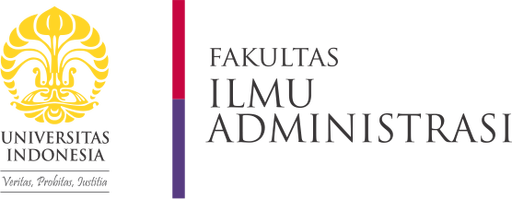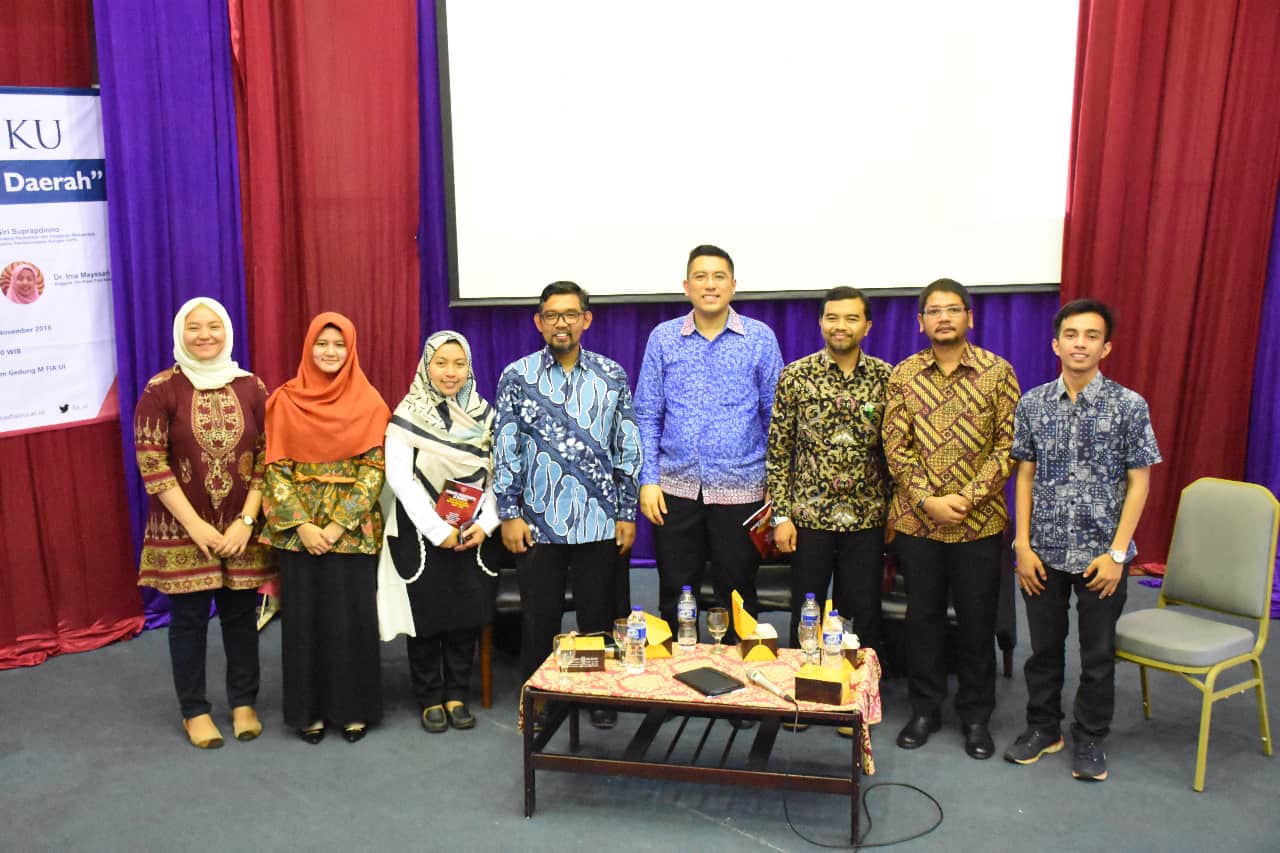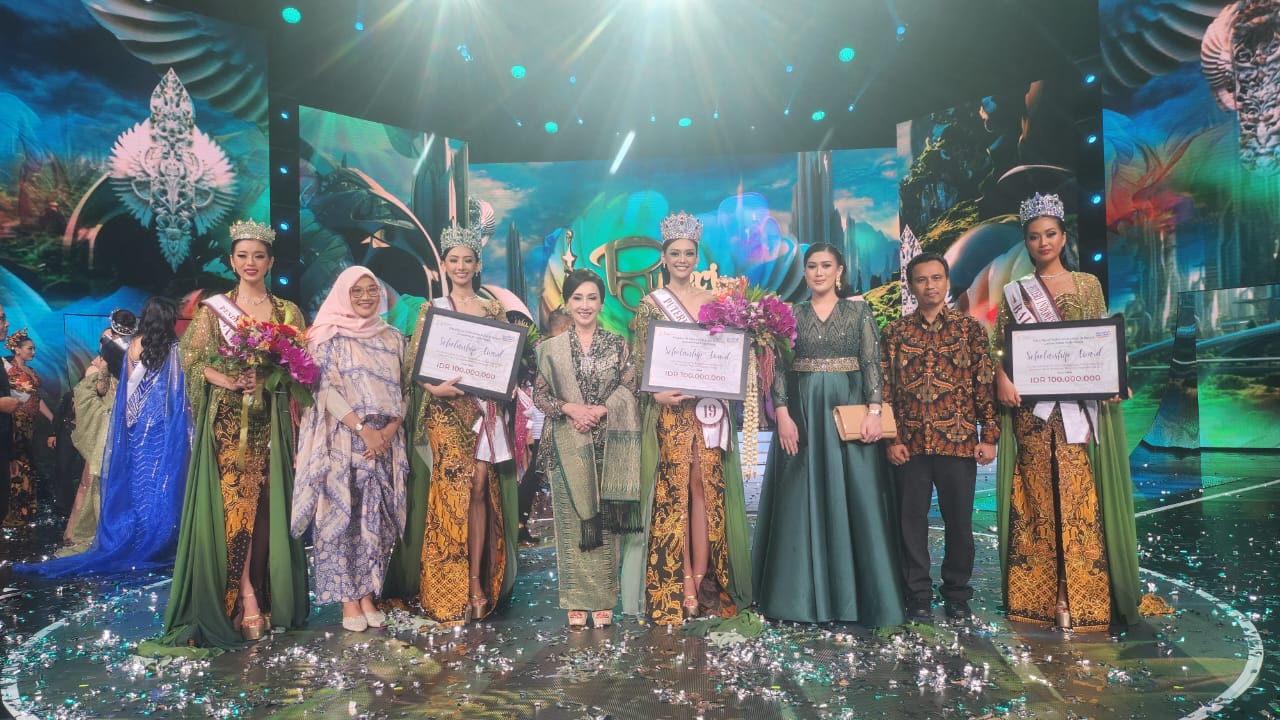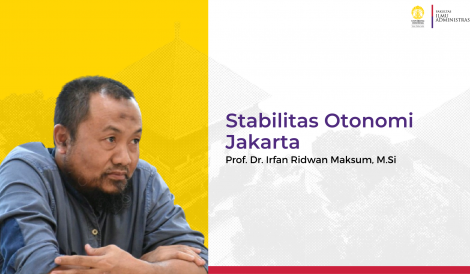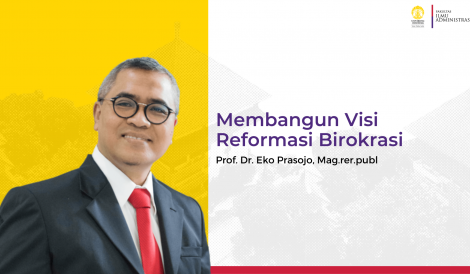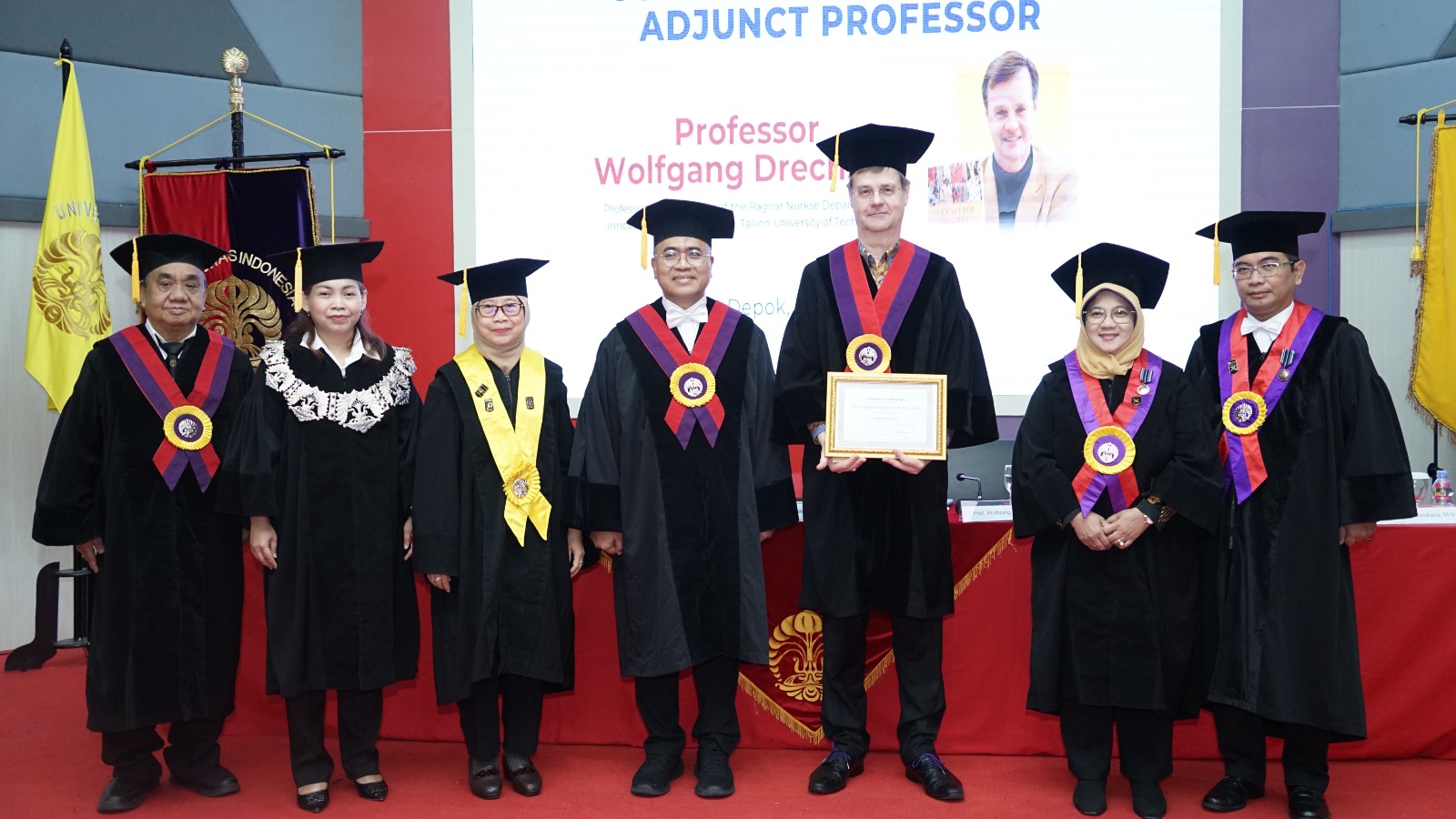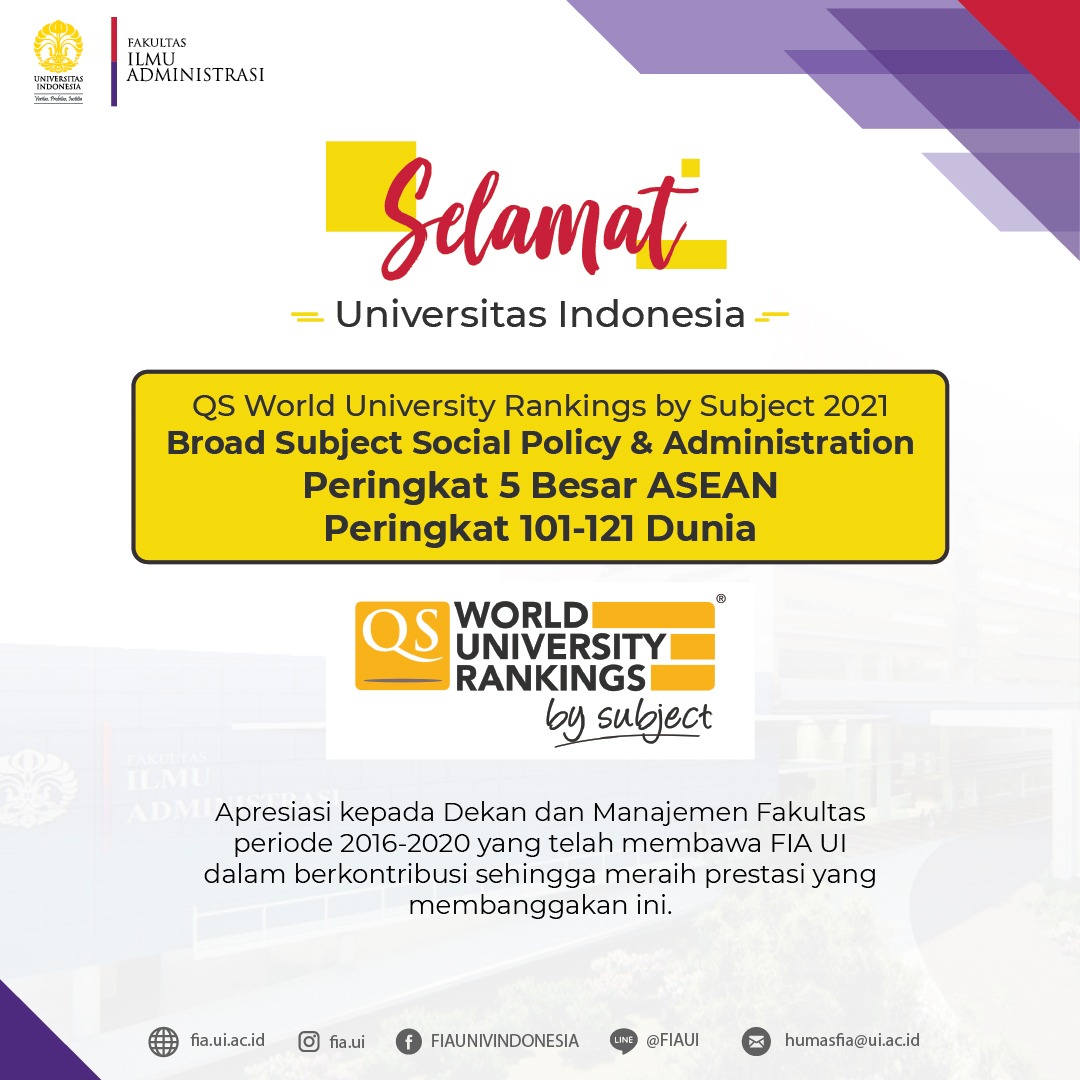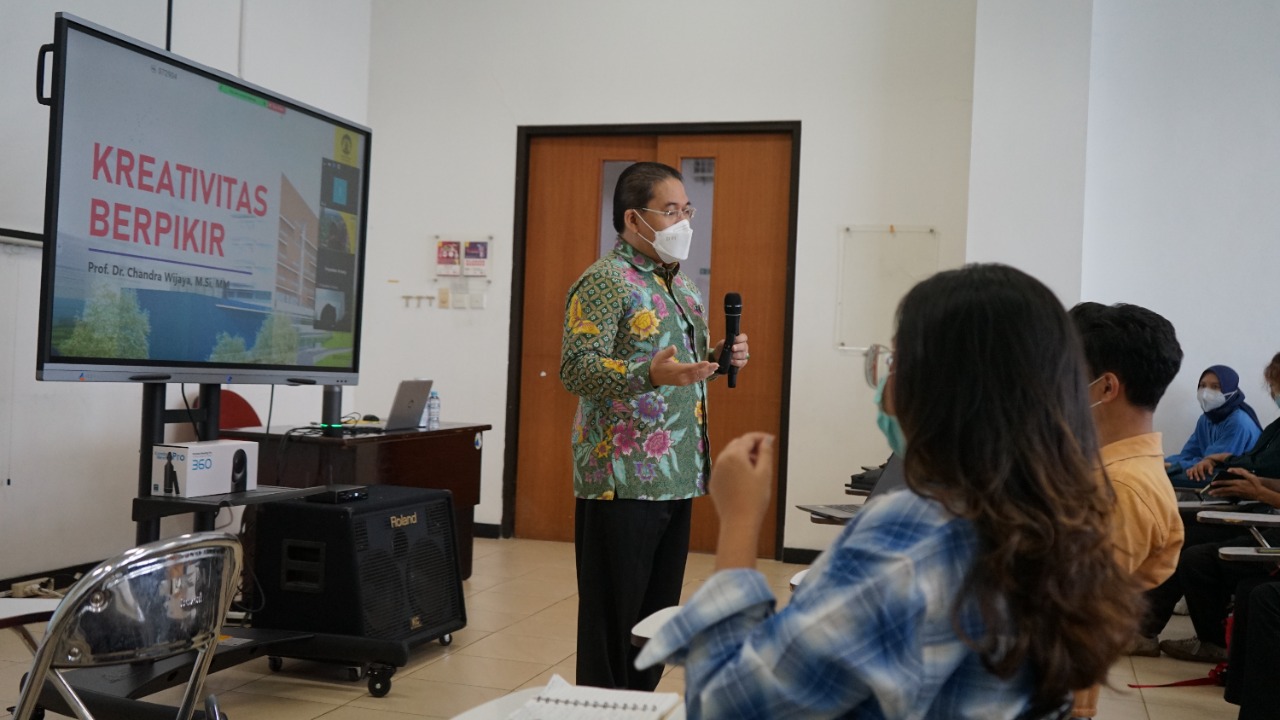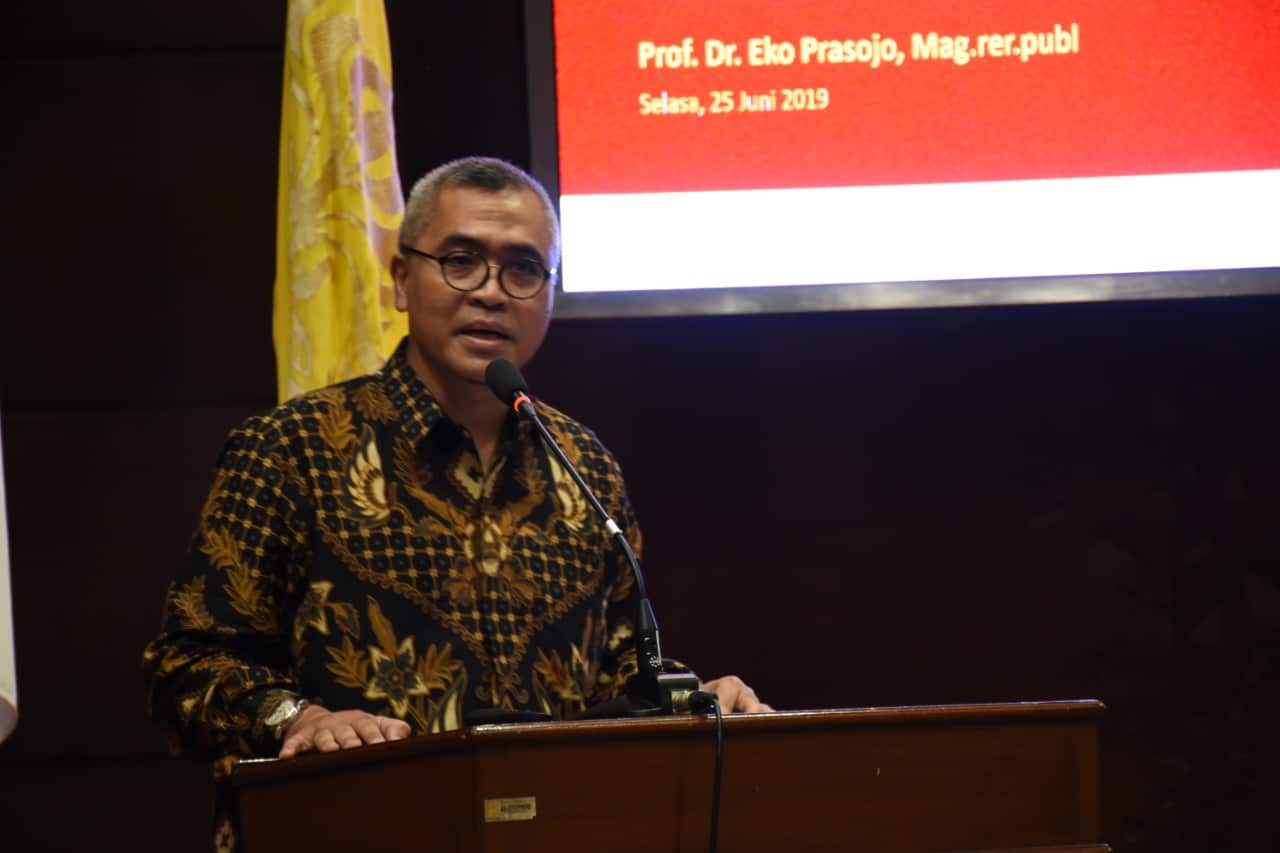Corruption in Regions Becomes Attention of FIA UI
[fusion_builder_container hundred_percent=”yes” overflow=”visible”][fusion_builder_row][fusion_builder_column type=”1_1″ background_position=”left top” background_color=”” border_size=”” border_color=”” border_style=”solid” spacing=”yes” background_image=”” background_repeat=”no-repeat” padding=”” margin_top=”0px” margin_bottom=”0px” class=”” id=”” animation_type=”” animation_speed=”0.3″ animation_direction=”left” hide_on_mobile=”no” center_content=”no” min_height=”none”]DEPOK. The tendency of corruption to ensnare the Regional Head and the Regional People’s Representative Council (DPRD) suggests that the problem of corruption in the regions occurs in various patterns. Referring to data from Indonesia Corruption Watch (ICW), the trend of prosecuting corruption cases in 2017 experienced a significant increase, namely 30 perpetrators were caught red-handed by the KPK. ICW also noted that 29 corruption cases had a potential state loss of Rp. 231 billion and bribery reached Rp. 41 billion (ICW, 2018).
This was the concern of the community service team on the strategic issue of the Faculty of Administrative Science Universitas Indonesia (FIA UI), led by Dr. Vishnu Juwono. This team conducted field studies in East Java, Jombang, Surabaya, and Mojokerto. In addition, the team also analyzed various court decisions on corruption cases that have the permanent legal force. The community service that began with this research was carried out since May 2018 and produced output in the form of a book entitled Corruption Corrupting in Regions: Study of the Pattern of Corruption in Regional Governments 2004-2018.
The book discussion was held on Friday (11/23) at the FIA UI Auditorium by presenting speakers, including Adnan Topan Husodo (Coordinator of Indonesia Corruption Watch (ICW)), Giri Supradiono (Director of Education and Community Service of the KPK), Dr. Vishnu Juwono (FIA UI Lecturer), Dr. Ima Mayasari (FIA UI lecturer). This discussion was also moderated Zuliansyah P. Zulkarnain, S.Sos, M.Sc.
(FIA UI Public Administration lecturer).
According to Vishnu, in this book there were identified 5 patterns of corruption in regional government, including those related to licensing, weakening the oversight function of the DPRD, manipulation of the procurement of goods and services, buying and selling positions in regional government, and misuse of village funds. “We see corruption in the regions still using traditional methods such as manipulation of permits, positions, and procurement of goods and services. It is not surprising that the KPK’s arrest operation have always succeeded, “said Vishnu.
This is also a concern of the KPK, according to the Director of Education and Community Service of the Corruption Eradication Commission, Giri Supradiono, corruption will continue if it does not resolve the main problem, which is to lead to political corruption involving strong political figures. Likewise, according to Indonesian Corruption Watch Coordinator, Adnan Topan Husodo, the bureaucracy is a source of corruption in the regional government, no doubt that there are many bureaucrats involved in this.
Zuliansyah said that from this discussion the value of education that could be drawn to the community was the tendency of permissive behavior of the community towards the corrupt practices of regional heads or other public officials. This happens because the community has not positioned itself or realized that corruption is detrimental to them both directly and indirectly. Building public awareness in demanding political accountability and performance from regional heads and public officials is a significant job.
“The role of FIA UI to overcome corruption is to conduct studies and advocate for the results of the study to stakeholders. Studies are related to public integrity, government accountability systems, and open government in the policy process,” concluded Zuliansyah.
The book discussion was attended by 200 people, from students, media, lecturers, and practitioners. As for besides Vishnu, the community service team consisted of Dr. Ima Mayasari, Imas Cempaka Mulia, S.I.A, Syifa Amania Afra, Althof Endawansa and Vina Rizkanti.(MI)
[/fusion_builder_column][/fusion_builder_row][/fusion_builder_container]
